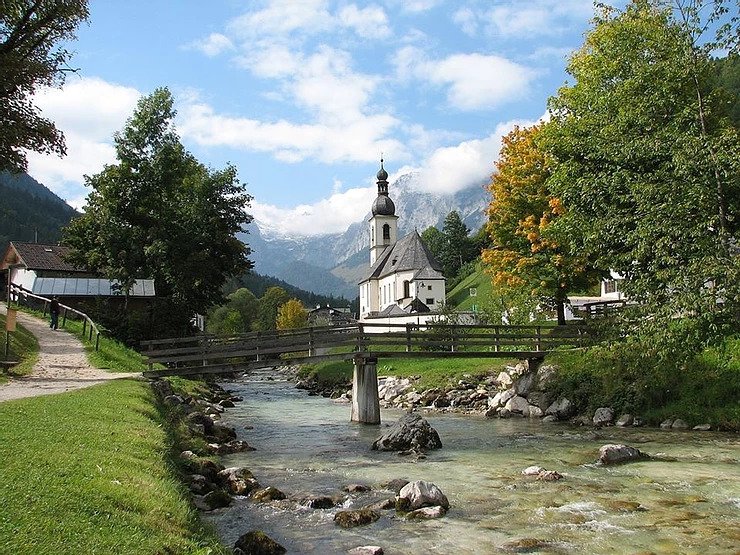“This is the day which the Lord has made; let us rejoice and be glad in it.” (Ps 117/118: 24)
The day known as “Sunday” (dies solis) according to the Planetary Week of the ancient, pagan world, is also known as “the Lord’s day” (κυριακή, domenica, dimanche, duminică) in the Christian world. The Church did, eventually, use the symbolism of the Sun-cult to its advantage, associating Christ with the Sun, as “The True Sun” and “The Sun of Righteousness.” Our observance of “Sunday” originates, in any event, in close connection with the Person of Jesus Christ, and particularly with the “new worship” He established in His “new covenant” (Mt 26: 28), based on His salvific work.
So, from the earliest days of the Church, Christians gathered on this specific day, of God’s “new creation” in the resurrection of our Lord from the Life-Giving Tomb, to celebrate the Eucharist. While the Old-Testament Sabbath, which commemorated the first creation (Gen 1-2), was marked with special sacrifices in the temple, our “new worship” in “Spirit and truth” (Jn 4: 23ff) is fulfilled in and through the Body of Christ. It is in Him that the “Shekinah” (the glory of God) dwells, which had previously dwelt in the temple. So let me go on “this day,” and worship “in Spirit and truth,” offering myself to One Who offers Himself to me, as a dwelling-place for His glory. “This is the day which the Lord has made; let us rejoice and be glad in it.”






